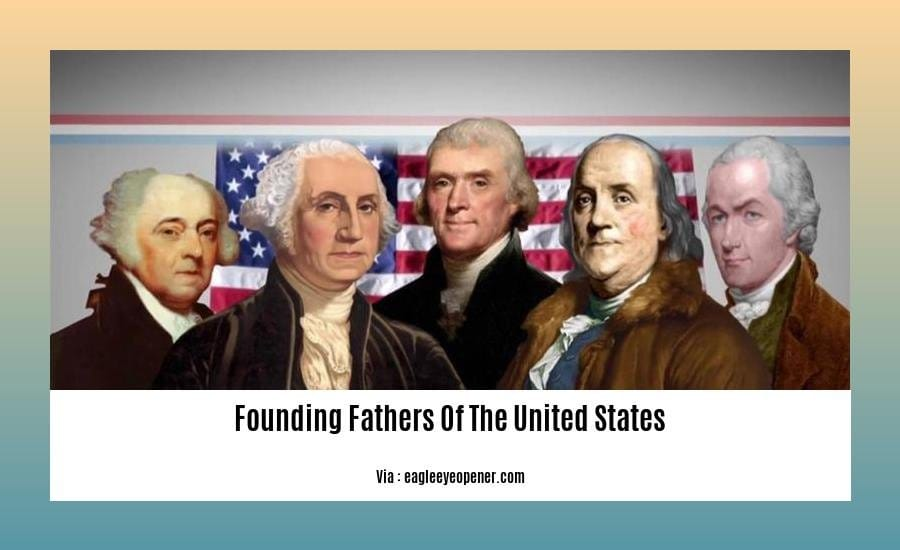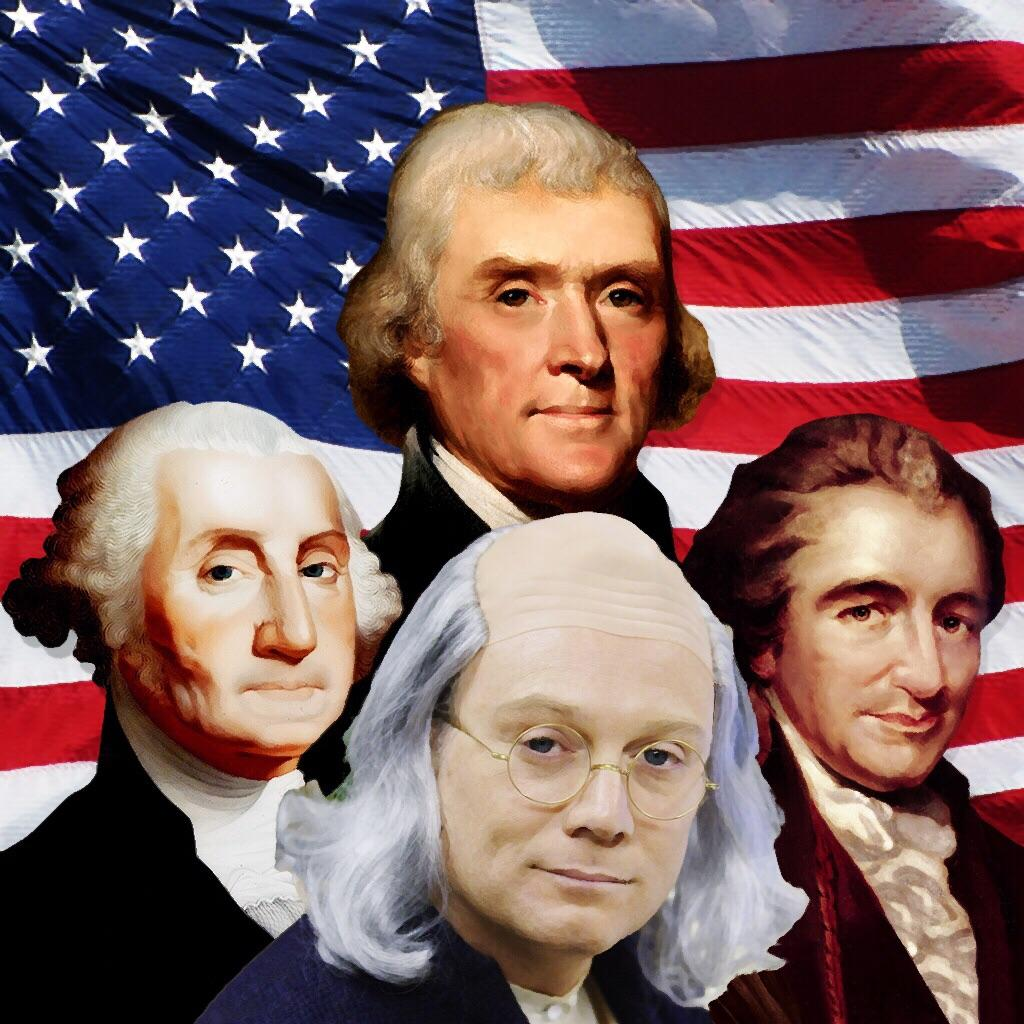The legacy of the Founding Fathers is a powerful force that continues to shape the United States today. Their vision, principles, and ideas laid the foundation for a nation built on freedom, democracy, and justice. But how exactly does this legacy impact modern America? This article explores the influence of the Founding Fathers on today’s government, society, and culture, showing why their contributions remain relevant in our daily lives.
Who Were the Founding Fathers?
The Founding Fathers were a group of leaders who played key roles in the creation of the United States during the late 18th century. They include famous figures such as George Washington, Thomas Jefferson, Benjamin Franklin, John Adams, James Madison, and Alexander Hamilton. These men came together to challenge British rule and to design a new form of government based on democratic ideals.
The Founding Fathers drafted important documents like the Declaration of Independence and the U.S. Constitution, which set the legal and moral framework for the country. Their ideas about liberty, rights, and governance still influence America’s political system and culture today.

The Vision Behind the Legacy of the Founding Fathers
At the heart of the legacy of the Founding Fathers is the belief in individual freedom and limited government. They wanted a country where people had the right to speak freely, worship as they chose, and participate in government. Their vision was to create a republic where power was balanced between different branches of government, preventing any one person or group from becoming too powerful.
This vision is clear in the Constitution, which established checks and balances through the executive, legislative, and judicial branches. The Bill of Rights, the first ten amendments to the Constitution, guarantees basic freedoms like speech, religion, and the press.
How the Legacy Shapes Today’s Government
The U.S. government today still follows many principles set by the Founding Fathers. The structure of the government—three branches, federalism (shared power between states and the national government), and elected representatives—originates directly from their ideas.
Checks and Balances
One of the Founding Fathers’ most important contributions is the system of checks and balances. This system ensures that no branch of government becomes too powerful. For example, Congress makes laws, the president can veto those laws, and the Supreme Court can declare laws unconstitutional. This system keeps the government balanced and fair.
Federalism
Federalism divides power between the national government and the states. This idea allows states to make their own laws on many issues, while the national government handles broader concerns like defense and foreign policy. Federalism promotes local control and respects diversity among states.
Rights and Freedoms
The Bill of Rights protects citizens’ freedoms, including freedom of speech, religion, and the right to a fair trial. These rights are a direct legacy of the Founding Fathers and remain central to American life and law.
The Legacy in American Society and Culture
Beyond politics, the Founding Fathers’ legacy influences American culture and society.
The Idea of Equality
While the Founding Fathers did not solve all social issues—many owned slaves and women were excluded from voting—their words about equality planted seeds for future progress. The phrase “all men are created equal” from the Declaration of Independence became a powerful call for civil rights movements.
Patriotism and National Identity
The Founding Fathers helped create a shared sense of identity for Americans. Their stories, principles, and symbols like the American flag and the Constitution inspire patriotism and unity.
Civic Engagement
The Founding Fathers believed in the importance of citizens participating in government. Voting, speaking out on issues, and holding public office are seen as duties and rights, encouraged by their legacy.

Challenges to the Legacy of the Founding Fathers
While the legacy is strong, it faces challenges. Some argue that certain ideas of the Founding Fathers, such as limited suffrage and their views on race and slavery, do not fit modern values. Debates continue over how to interpret the Constitution and apply it to today’s issues like civil rights, immigration, and the balance of government power.
Despite these debates, the core principles of freedom, justice, and democracy remain deeply rooted in America’s identity because of the Founding Fathers’ vision.
Why the Legacy of the Founding Fathers Matters Today
Understanding the legacy of the Founding Fathers helps us appreciate the freedoms and rights we enjoy today. It also reminds us that democracy requires effort—citizens must stay informed, vote, and participate to keep the country true to its founding ideals.
The Founding Fathers gave America a framework to build on. Over time, the nation has grown and adapted, but the principles they set continue to guide laws, government, and society. Their legacy encourages Americans to strive for a more perfect union, balancing tradition with progress.
Conclusion
The legacy of the Founding Fathers is more than just history; it is a living influence that shapes the United States in government, law, culture, and everyday life. Their commitment to liberty, democracy, and justice laid the groundwork for the country we know today. While challenges and changes are part of any nation’s growth, the Founding Fathers’ vision remains a powerful foundation for America’s future.
By reflecting on the legacy of the Founding Fathers, we better understand our rights and responsibilities as citizens, and we honor the enduring spirit of freedom and democracy that defines the United States.
Do Follow USA Glory On Instagram
Read Next – Native American Cultural Preservation: History in Focus






